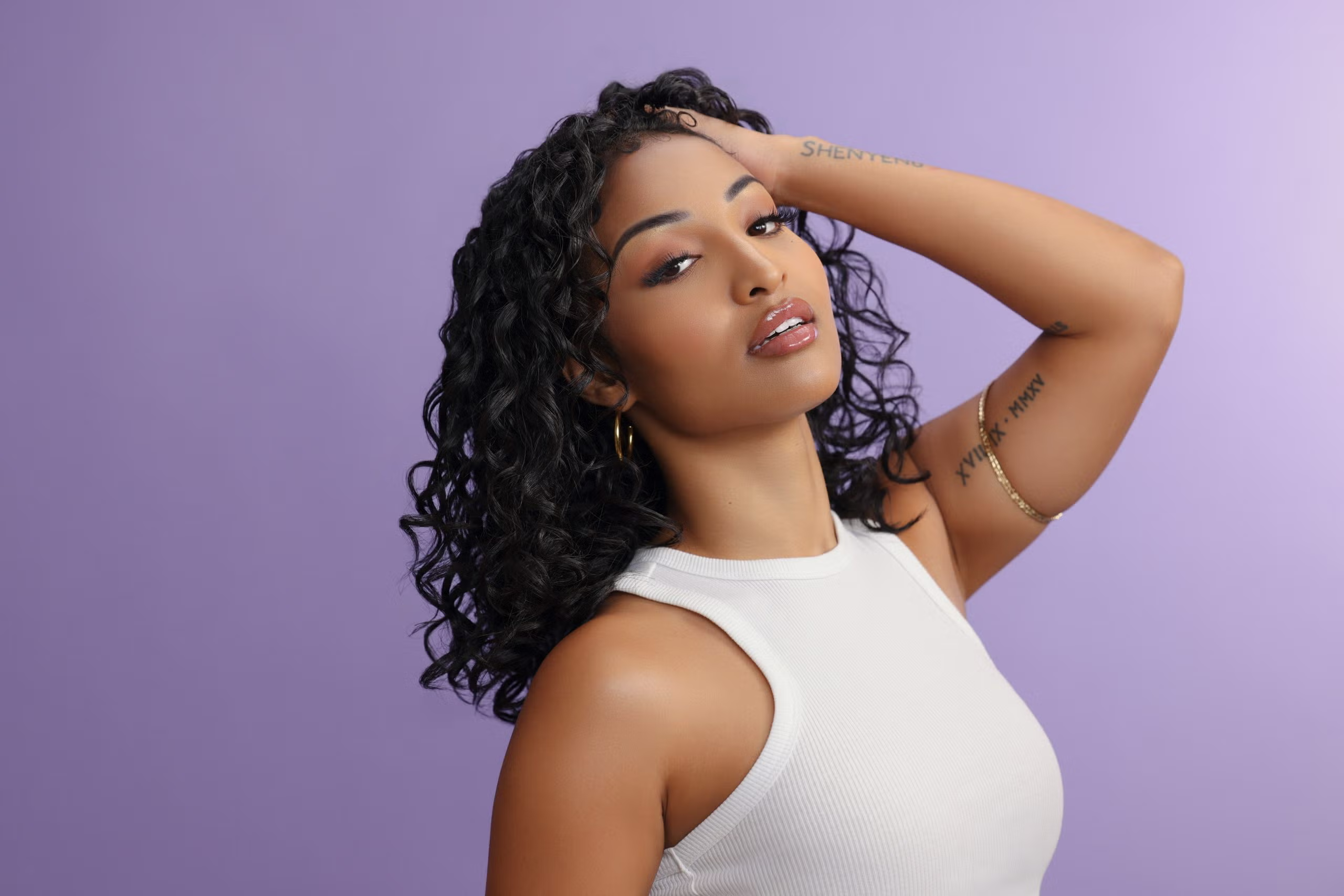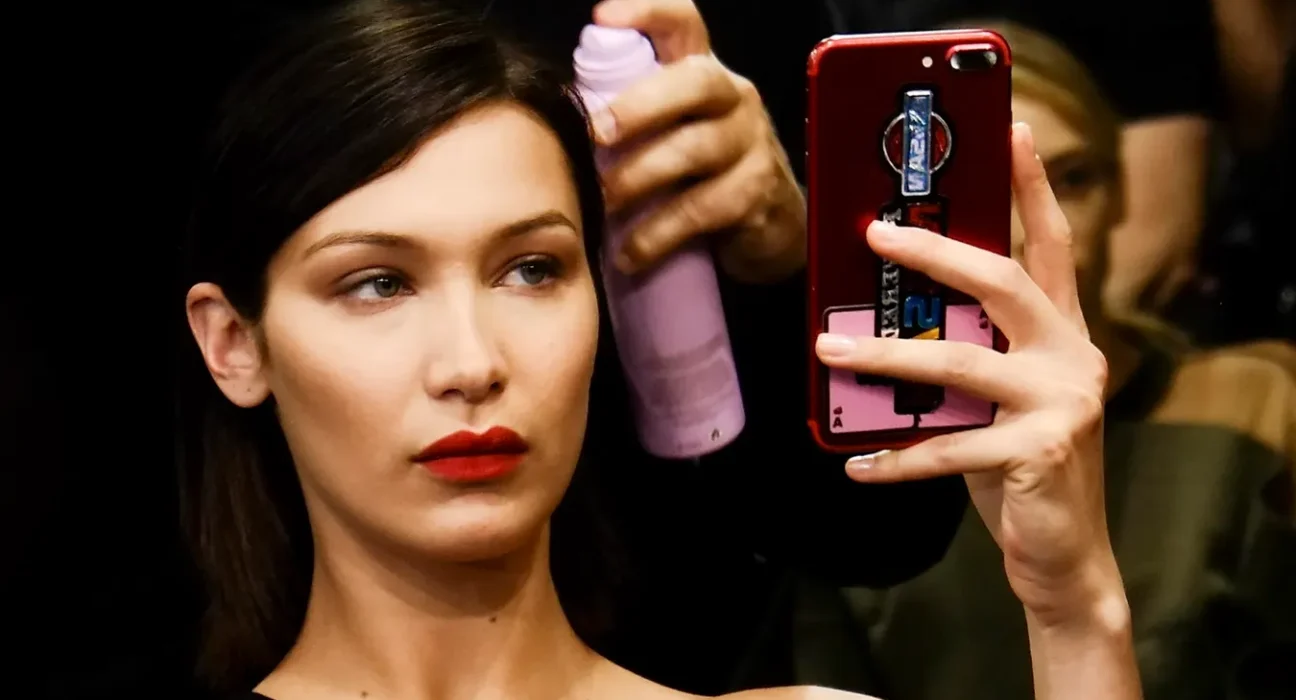In the past, beauty was often defined by perfection — flawless skin, sleek hair, and an ideal body type portrayed by glossy magazines and filtered social media feeds. But today, beauty is evolving. The modern era has ushered in a new definition: one that celebrates authenticity, wellness, and individuality. Beauty is no longer about meeting unrealistic standards; it’s about expressing who you are and nurturing your overall well-being.
This powerful shift has transformed beauty into a lifestyle — one that integrates physical, emotional, and mental health into self-care and self-expression. From skincare rituals and sustainable fashion to mindful living and confidence, modern beauty is about feeling good from the inside out.
The Rise of Authentic Beauty
Gone are the days when beauty meant conforming to a single image. The digital age has democratized beauty, opening doors for diversity in every form — skin tone, body shape, gender identity, and age. Social media, once criticized for promoting unrealistic ideals, is now helping redefine them.
Influencers and brands are embracing raw, unfiltered content — showing stretch marks, acne, and natural hair textures with pride. This authenticity resonates deeply with audiences who are tired of artificial perfection. Campaigns like Dove’s Real Beauty and Fenty Beauty’s inclusive foundation shades have set new standards, proving that representation isn’t a trend; it’s the future.
Being authentic means embracing imperfections and understanding that beauty is not about changing yourself — it’s about enhancing what makes you unique.
Self-Care as the Foundation of Beauty
Beauty and self-care are now inseparable. Instead of being purely aesthetic, beauty routines have become rituals of mindfulness and self-love. A simple skincare routine, for example, can serve as a moment of calm in a chaotic day — a chance to slow down and reconnect with yourself.
Skincare has evolved into a wellness practice. Consumers are more educated and curious about ingredients, seeking clean, non-toxic formulas that nourish rather than conceal. Products featuring antioxidants, hyaluronic acid, and natural oils are preferred over harsh chemicals. This reflects a shift from “covering up flaws” to “caring for skin health.”
Moreover, beauty sleep, hydration, and nutrition are now seen as extensions of skincare. A healthy glow comes as much from what you eat and how you rest as from the creams you apply. Beauty is becoming holistic — blending inner wellness with outward radiance.
Minimalism and “Skinimalism”
The beauty industry once thrived on complex, multi-step routines and countless products. Today, a growing number of people are embracing minimalism — not only in their wardrobes and lifestyles but also in their beauty habits.
The trend known as “skinimalism” celebrates simplicity. Instead of layering multiple products, consumers are choosing fewer, higher-quality essentials that support skin health without overwhelming it. This not only saves time and money but also reduces waste — a win for both skin and the planet.
Minimalist beauty aligns with the growing appreciation for natural aesthetics — glowing skin, soft makeup, and effortless hair. The message is clear: beauty doesn’t have to be complicated to be impactful.

The Connection Between Wellness and Beauty
The modern beauty lifestyle recognizes that true radiance starts from within. Emotional balance, mental health, and physical vitality all influence how we look and feel. Stress, lack of sleep, and poor diet can dull the skin and drain energy, while mindfulness, exercise, and joy visibly enhance appearance.
Wellness practices like yoga, meditation, and journaling are now integral parts of beauty routines. These activities promote self-awareness and reduce stress, which in turn improves hormonal balance and skin condition. When the mind is calm, the body follows — and the glow that comes from peace of mind can’t be bottled.
The wellness-beauty connection has also led to a surge in nutricosmetics — supplements that support hair, skin, and nails from the inside. Collagen powders, biotin, and probiotics are now staples in beauty regimens, proving that inner health and outer beauty are two sides of the same coin.
Sustainable and Ethical Beauty
As consumers become more conscious, sustainability has become central to beauty and lifestyle choices. The new generation of beauty lovers wants transparency — cruelty-free testing, eco-friendly packaging, and responsibly sourced ingredients.
Brands are responding with refillable containers, biodegradable materials, and vegan formulas. This shift isn’t just ethical — it’s empowering. Choosing sustainable products allows individuals to express their values through their purchases, merging personal care with planetary care.
Sustainability also extends to fashion and lifestyle. Capsule wardrobes, thrift shopping, and upcycled materials are replacing fast fashion trends. Conscious living is no longer niche — it’s becoming mainstream.
This evolution reflects a collective awareness: beauty should not come at the expense of the environment. The idea of “clean beauty” now represents more than ingredients — it embodies a clean conscience and mindful consumption.
Beauty as Empowerment
One of the most empowering aspects of today’s beauty culture is its inclusivity. Makeup and skincare are no longer about hiding flaws but about celebrating individuality. Whether it’s a bold lipstick, a natural look, or no makeup at all, beauty has become a form of personal empowerment.
Social media platforms like TikTok and Instagram have given individuals the tools to express creativity and confidence. From DIY beauty tutorials to self-love movements, users are redefining what it means to be beautiful — not by imitation, but by authenticity.
This empowerment extends across generations. Older adults are reclaiming beauty through campaigns celebrating age positivity, while younger consumers are using beauty to explore identity and gender fluidity. Beauty has become a conversation, not a competition.
The Return of Rituals and Mindful Living
In a world dominated by instant gratification, there’s a growing longing for slowness — and beauty rituals are meeting that need. People are rediscovering traditional practices like facial massage, gua sha, and aromatherapy as ways to slow down and nurture themselves.
These rituals transform daily routines into intentional acts of self-connection. The focus shifts from appearance to presence — from looking good to feeling good. Mindful beauty encourages gratitude, relaxation, and emotional healing, making it an essential part of modern lifestyle wellness.
This approach aligns with the broader slow living movement, which prioritizes quality over quantity, presence over productivity, and meaning over materialism.
The Digital Influence on Beauty
Technology continues to play a massive role in shaping beauty and lifestyle trends. Virtual try-on apps, AI skincare diagnostics, and influencer marketing have made beauty more interactive and personalized.
However, the digital world also presents challenges — including unrealistic standards and comparison culture. As a result, digital wellness is becoming part of the beauty conversation. Setting screen time limits, curating positive online spaces, and following creators who promote authenticity are essential to maintaining emotional balance in the digital age.
When used mindfully, technology can enhance beauty experiences, but when used excessively, it can distort self-perception. The key is balance — using digital tools for inspiration, not validation.

Conclusion: Redefining Beauty for the Modern Age
The beauty and lifestyle industries are in the midst of a profound transformation — one that prioritizes authenticity, health, and sustainability over perfection. Beauty is no longer about meeting societal standards; it’s about embracing individuality, practicing self-care, and living consciously.
From minimalist skincare routines to sustainable products and mindful rituals, this new era of beauty reflects a deeper truth: when we nurture our inner selves, outer beauty naturally follows.
Ultimately, the most beautiful thing a person can wear is confidence — not born from comparison, but from self-acceptance. In the new world of beauty and lifestyle, real glow doesn’t come from a bottle — it comes from living authentically, caring deeply, and loving yourself as you are.

